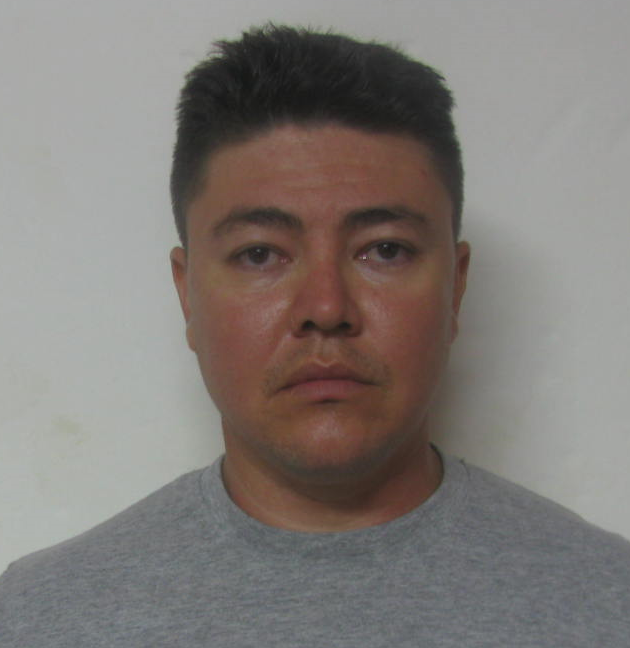[Editor’s note: Louis Vargas was arrested on July 26, 2018 on allegations he raped a little girl. He took his case to trial and in May 2021 he was convicted by a jury of the crime. He appealed his conviction to the Supreme Court of Guam]

(Supreme Court of Guam)—Today, the Supreme Court of Guam, in an opinion authored by Justice F. Philip Carbullido and joined by Chief Justice Robert J. Torres and Justice Katherine A. Maraman, decided the appeal in the case of People v. Vargas, 2023 Guam 16. Defendant-Appellant Louis Anthony Vargas appealed from his conviction for Second Degree Criminal Sexual Conduct with a Vulnerable Victim Enhancement. The Supreme Court vacated the judgment of conviction and remanded for a new trial, finding the trial court denied Vargas a meaningful opportunity to present a complete defense, violating his Sixth Amendment rights.
Vargas was indicted on multiple charges of criminal sexual conduct, each including a vulnerable victim enhancement. During discovery, Vargas was provided with the DNA report prepared by the prosecution’s expert witness. Vargas requested that he be appointed an expert knowledgeable in DNA testing.
The judge initially assigned to the case denied the request. On April 14, 2021, Vargas asked the trial court to reconsider its decision to deny him an expert. The new trial judge granted the motion on April 23—the Friday before trial. The Supreme Court observed that upon reviewing the record, it appears that defense counsel cross-examined the People’s expert witnesses before gaining the benefit of its own expert. By May 4—the sixth day of trial—the defense had retained an expert who was able to testify. The People’s attorneys requested they be able to consult their own experts before cross-examining the defense’s expert, which was granted. A jury ultimately returned a guilty verdict for one count of Second Degree Criminal Sexual Conduct (as a First Degree Felony), along with an attached vulnerable victim enhancement.
The Supreme Court first determined that the trial court abused its discretion in recognizing Vargas’s right to a DNA expert but forcing him to go to trial without the opportunity to use the expert to evaluate and prepare for his defense.
The Supreme Court reiterated that the Sixth
Amendment right to “[e]ffective assistance of counsel includes the right to access expert witnesses.” The court determined that Vargas was unfairly denied appointment of an expert witness necessary to his defense because “the need for an expert extends beyond mere presence at trial, but also to the ‘evaluation, preparation, and presentation of the defense.’”
The court concluded that Vargas had shown that reasonably competent counsel would have required its own expert at an earlier stage to present a complete defense, and that there was clear and convincing evidence that the denial of an expert to aid in preparation and cross-examination prejudiced his case. The Supreme Court held that although the trial court eventually granted him a DNA expert, it was too late for Vargas to present an adequate defense.
Next, the Supreme Court concluded that the prosecution failed to show that the trial court’s
error was harmless. When a trial court commits a constitutional error, the conviction must be reversed unless the prosecution demonstrates that the error was harmless beyond a reasonable doubt. The court emphasized that when the People fail to address harmless error, they fail to meet their burden to prove harmlessness, and reversal is required. The Supreme Court held that the People failed to discuss the error’s harmlessness, so the argument was forfeited, and reversal was required.
The Supreme Court vacated Vargas’s conviction and remanded the case to the Superior Court for a new trial.






1 Comments
Anthony
11/08/2024 at 6:35 AM
Vargas did not get convicted of Rape. Get your facts straight? Heard of libel? 14 charges, a 3 week trial, 6 expert witnesses, and the only conviction secured after an unfair trial was a single count of “touching.” Something doesn’t smell right.